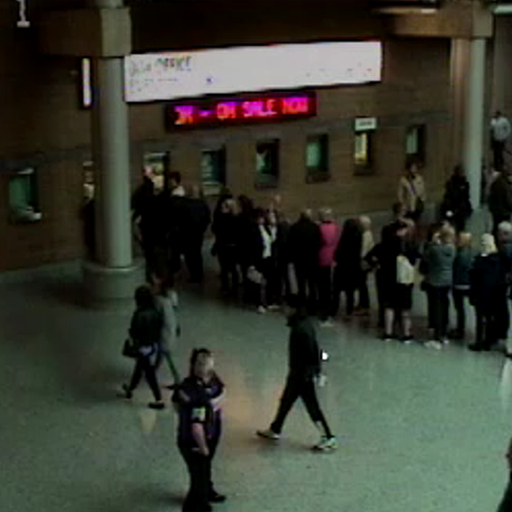The government is planning to introduce a new law to force all businesses to assess their risk of a terrorist attack and take measures to cope with the threat.
Details of the new legislation emerged at the inquiry into the Manchester Arena bombing, where Shaun Hipgrave - from the government's Office for Security and Counter Terrorism (OSCT) - was giving evidence.
Mr Hipgrave, who is part of the Home Office, acknowledged the legislation would have "such an impact on this country that we want to get it right".
It appears to be designed to echo health and safety legislation by putting a duty on businesses and local authorities to take into account the risk of terrorism and to train their staff to deal with that risk.
The police only have 200 counter-terrorism security advisers across the whole country and the legislation is expected to affect up to 650,000 venues.
To cope with the demand, the government is already developing an online "platform" to help firms understand the risk.
The move is supported by some of the families of the victims of the Manchester attack in May 2017 - which killed 22 people - particularly Figen Murray, who is seeking to introduce legislation dubbed Martyn's law after her son Martyn Hett died in the atrocity.
Mr Hipgrave said the government would apply the legislation to "publicly accessible locations" from small venues with 30 customers right up to the O2 Arena in London, but insisted there would be "proportionality".
The areas include sectors such as health, education, retail and leisure; faith groups and LGBT groups; public spaces, towns, villages, and "grey space"; and large venues similar to the Manchester Arena.
Mr Hipgrave said the purpose of the laws were to "ensure there are no gaps where there are areas where the public have access and someone can say I wasn't accountable.
"Someone is accountable in all those areas, and by accountable, I mean accountable for the security of the public in all those locations.
"If anyone leaves their home and walks down the street, drops their children off at nursery, goes to shops or the cinema, the public wouldn't know it, but someone is responsible for their protection because they are in a publicly accessible location."
"No view" has been reached on whether breaching the legislation would be a criminal or civil offence, or how inspection and enforcement would work, he added.
Ministers have given their approval and consultation was supposed to open in September, but it has been delayed by the second coronavirus lockdown in England, because many of those who will be affected have been furloughed, Mr Hipgrave said.
He also said the new legislation was the "only credible answer that will have the impact that ministers expect and ministers intend."
The hearing continues.




